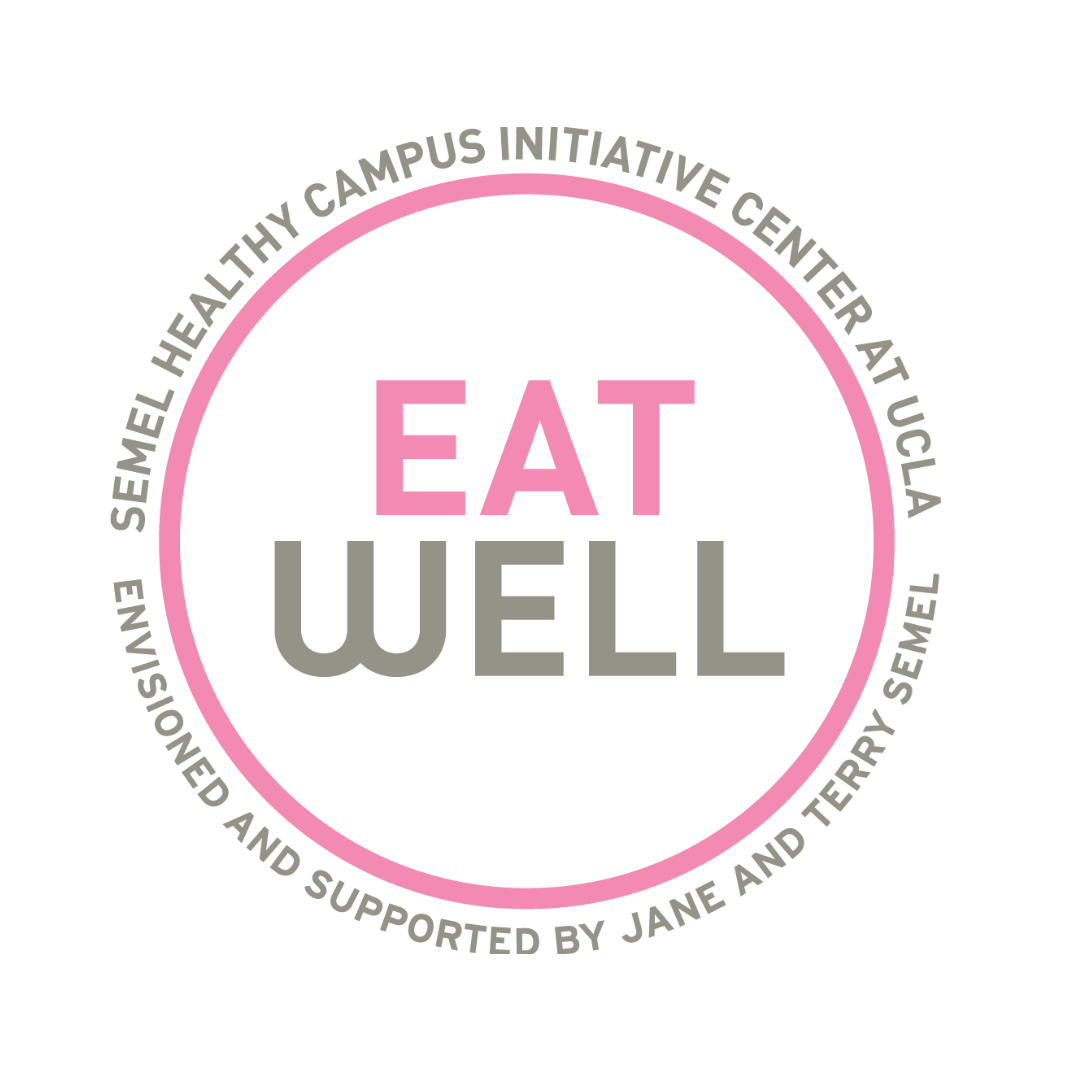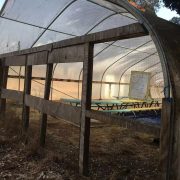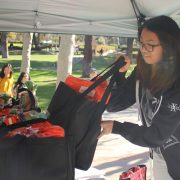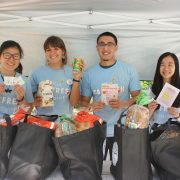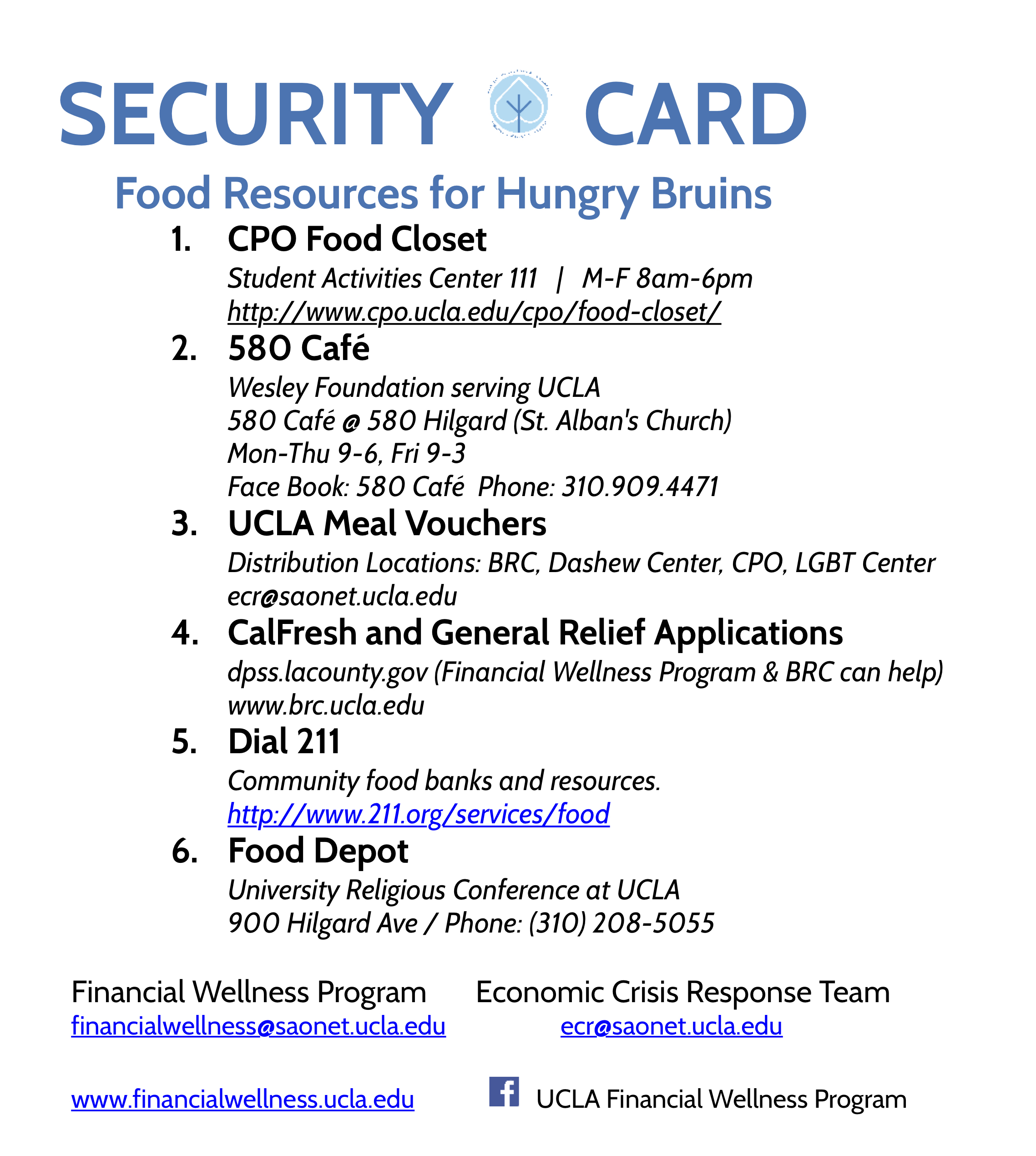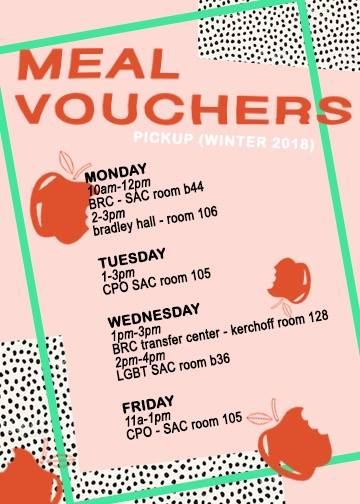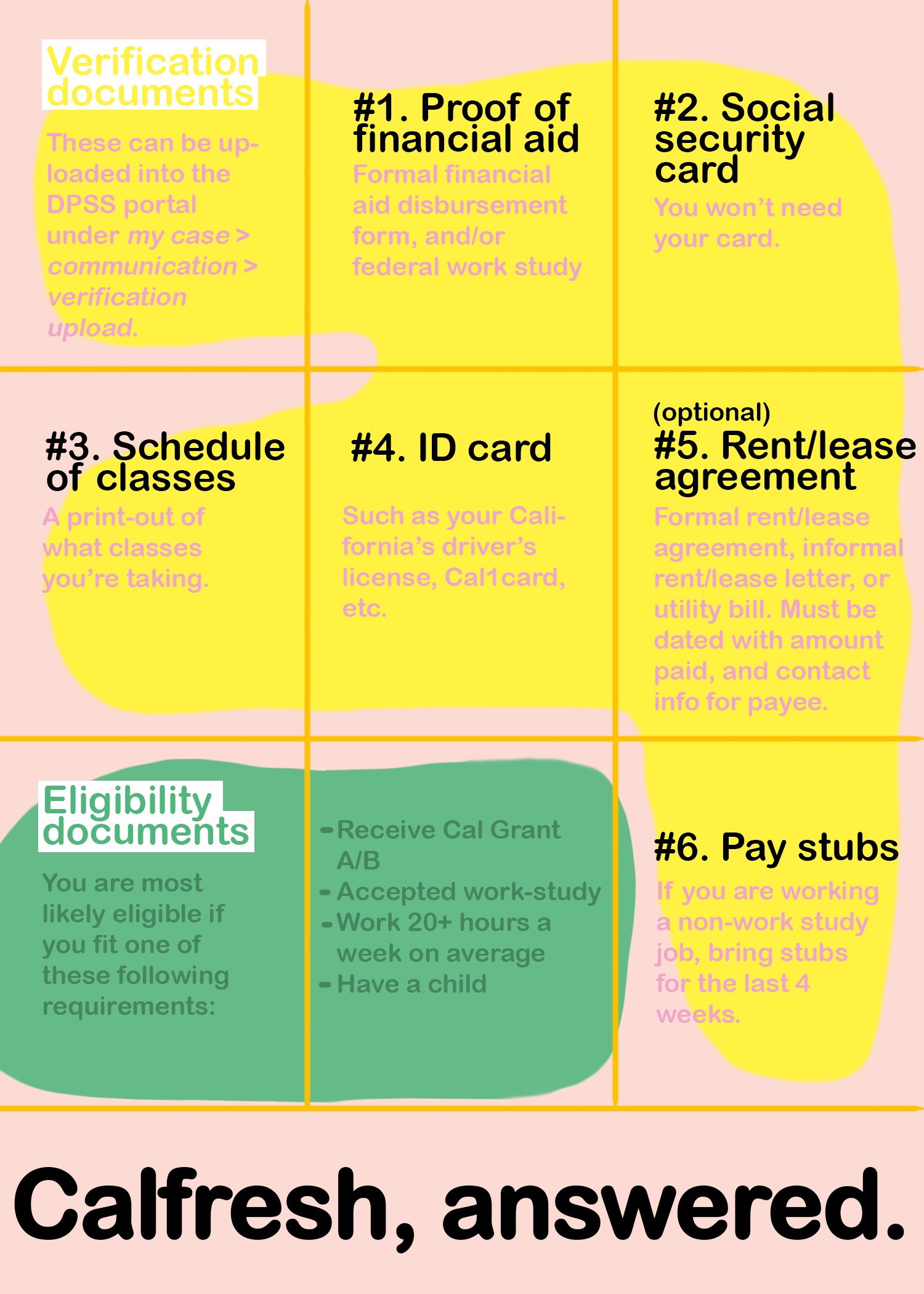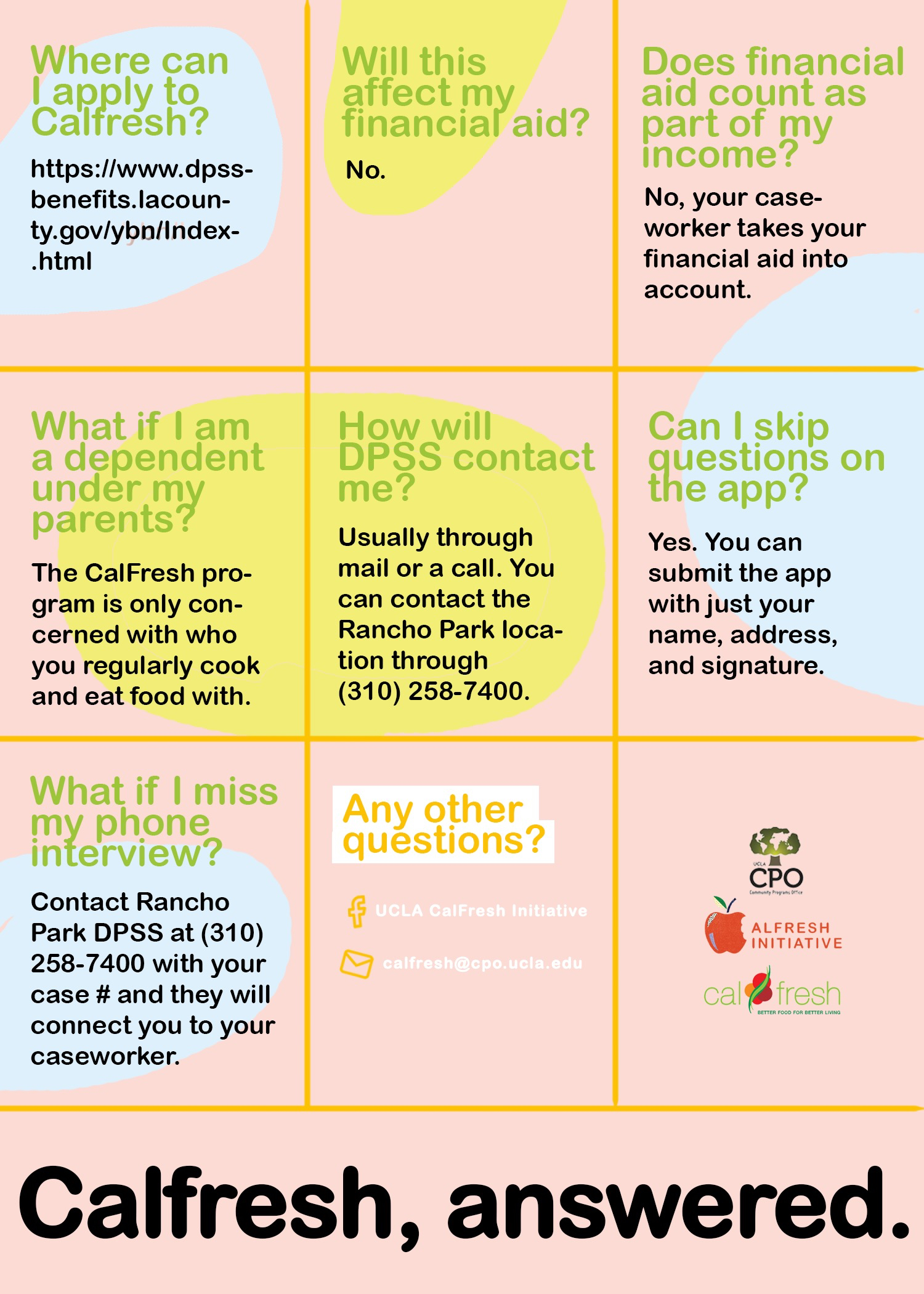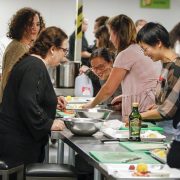Graduate Students at the Forefront of Veteran Food Security
“We truly need to integrate agriculture into our urban systems to tackle food insecurity for the populations that are most underserved.” -Kathleen Chen
Kathleen, a second year graduate student, and Yi Shen, a first year graduate student, are tackling food insecurity for over 50 veterans through an ambitious renovation of the VA (Veterans Affairs) Garden. The duo, both studying chemistry, work through the INFEWS (Innovations at the Nexus of Food, Energy, and Water Systems) program to improve access to nutritious food, create jobs, build community, and aid in therapy for psychological issues veterans often face.
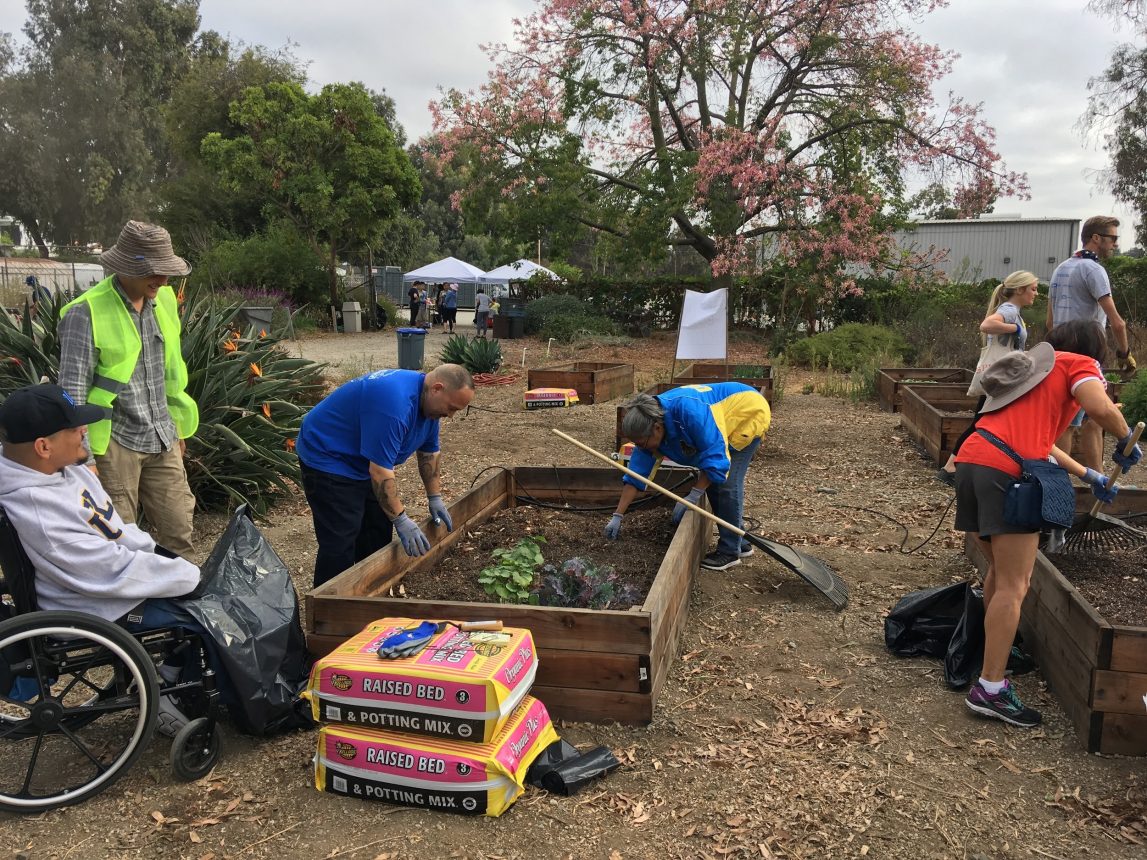
Veterans and Volunteers Planting at the VA Garden. Photo by Tammy Wong.
The Facts on Food Insecurity
The USDA defines food insecurity as a state in which “consistent access to adequate food is limited by a lack of money and other resources at times during the year.” Two terms, low food security and very low food security break the definition down further. Low food security may result in reduced variety, quality, or desirability of diet, while very low food security, formerly known as food insecurity with hunger results in actual reduced food intake.
In America, 1 in 8 people report being in a state of food insecurity, and among veterans, the numbers are much higher. More than 1 in 4 veterans (27%) from Iraq and Afghanistan wars report problems with food security, where 15% of those surveyed reported low food security and 12% reported very low food security.
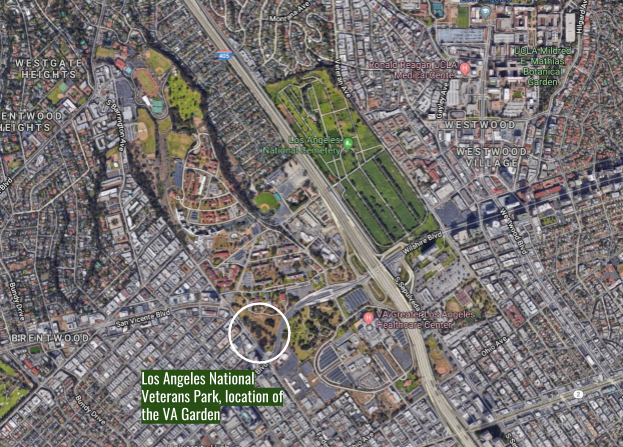
In 2016, UCLA committed a total of $16.5 million to a partnership with the Department of Veterans Affairs. This money was dedicated to, among other actions, the rejuvenation of the VA garden. This kickstarted the transformation of the area into a space for recreation, leisure, and therapy, as well as an easy way to provide nutritious food to veterans in the area. Yi and Kathleen’s project has been in the works since September 2018, and catalyzes the overall process through four objectives.
Kathleen and Yi’s “Four Specific Aims”
In order to achieve improved food security for veterans in the area, Kathleen and Yi outlined their goals as follows:
- Develop a planting guide and schedule for the 16 raised garden beds available. The planting guide includes not only which plants to sow, but also accounts for companion planting: how to combine plants to minimize water usage and support growth. The schedule outlines when to sow seeds, transfer sprouts to beds, water, fertilize, and finally harvest the produce.
- Determine which nearby public lands other than the raised beds may have potential to grow more food. Criteria are that the land is affordable to clear, close to a water source, fertile, and uncontaminated. This is done through collaboration with the INFEWS design team and soil testing team.
- Create a compost system. Currently, all compost materials are put on trucks and sent to an industrial composting plant, and the garden must purchase fertilizers from outside sources. An ideal system would cycle compost to fertilizer within the garden property, eliminating external processes. Another benefit of a composting system on-site is that it creates tasks for veteran-community engagement.
- Identify ways to inspire veterans to interact with the garden. This can be done through direct food distribution; classes on gardening, cooking, and nutrition; and temporary paid jobs, including maintenance of buildings and the garden.
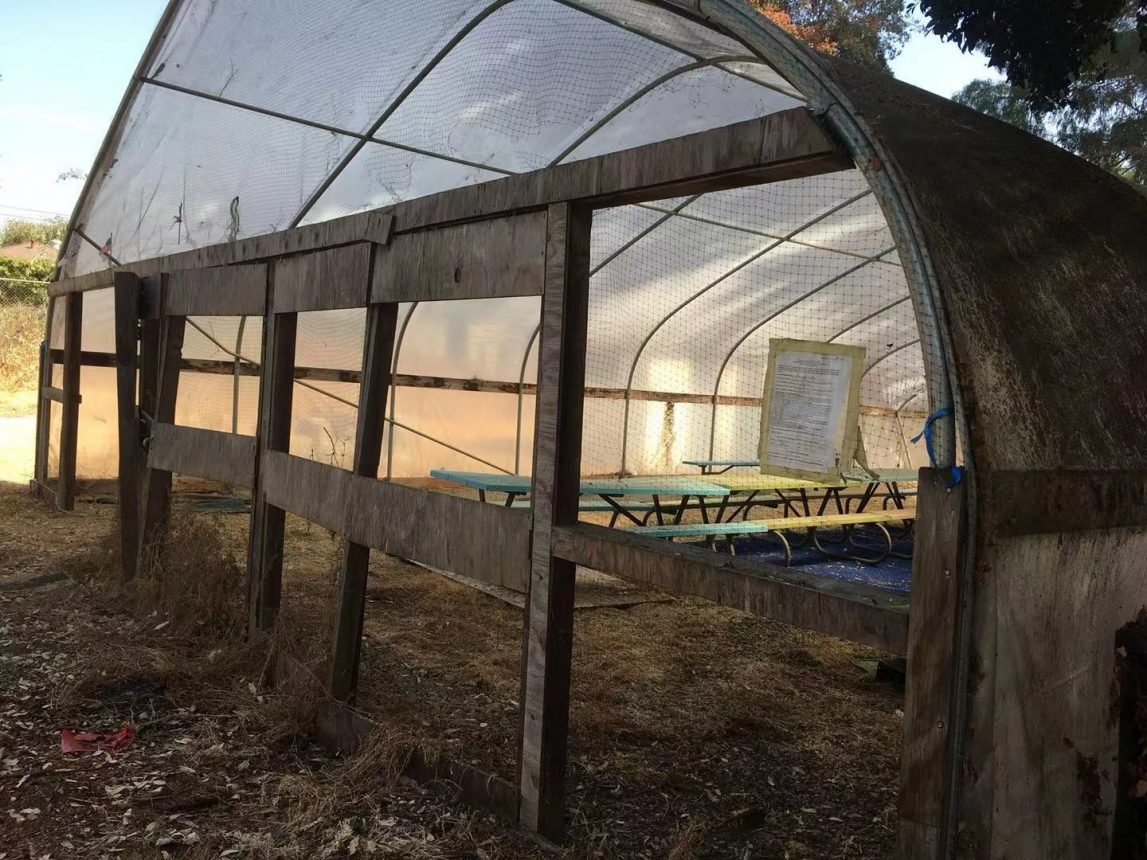
Classes on gardening, cooking, and nutrition can be held in outdoor rooms near the garden. Photo by Yi Shen.
So far, Aims 1, 2, and 4 are close to completion, but the project ends for Kathleen and Yi at the end of Fall Quarter, 2018. Though they will no longer be heading the initiative, Kathleen plans to continue volunteering at the garden, and continue with her research in “soil conditioners to improve water conservation in agriculture.” She feels that the project “was really beneficial for giving context to [her] own research and strengthening [her] motivations.”
The garden restoration continues only with maintained volunteer contribution. Feeding more than 50 veterans through small-scale agriculture is no simple task, but the success of the program thus far signifies a major step towards improving food security for the veteran community as a whole.
To get involved with Kathleen and Yi’s project, either as a volunteer or even a new project manager, email either of them directly at kkchen@ucla.edu or shenyi.1995@gmail.com. A volunteer sign-up form can also be found here.
Click here to learn more about the benefits of the VA garden on employment, social well-being, and psychological health.
Patience Olsen is an undergraduate student at UCLA majoring in Civil Engineering. In addition to blogging for the EatWell Pod, she volunteers at the Mildred E. Mathias Botanical Garden on campus, and is a member of the ASCE Environmental Design project.
